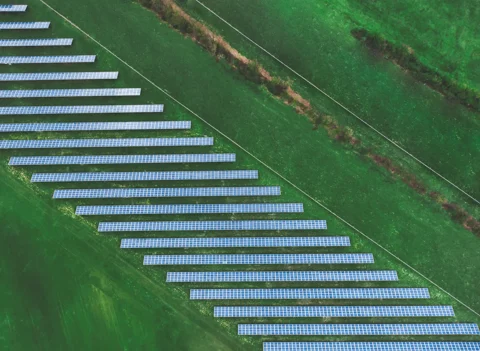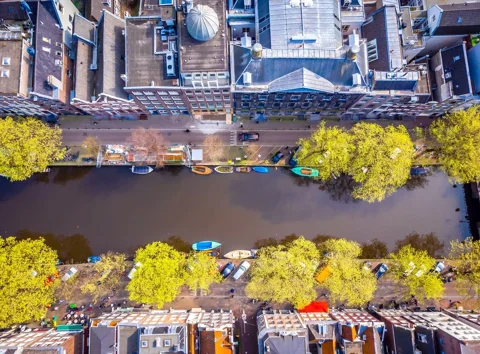Rapper Typhoon hopes every single coworker is going to be feeling responsible for diversity
Putting diversity and inclusion on the agenda is number one. Giving employees the space to co-decide on the topic is an important second step. With that message, rapper, language artist and keynote speaker Typhoon is visiting companies in the Netherlands, such as, online, APG. “Inclusion should be woven into the corporate culture.”
When you visit companies, you get a look behind the scenes. What have you been seeing?
“I’m seeing a variety of initiatives. Equal pay for men and women, applying for jobs anonymously, education and training throughout all the layers of organizations. And often a social stand is taken externally as well, by raising the rainbow flag or participating in a Gay Pride event. I see the willingness and urgency to really make this theme part of the company culture and strategy. APG can count itself among the vanguards in the movement and fighting spirit forward in this. Employees are driven and want to go deep. And that is what you want to achieve as a company. The words ‘diversity’ and ‘inclusion’ really make my skin crawl when they’re used as an end in and of themselves. When they’re on the agenda, just to be checked off. A quarterly financial report is something you can check off.”
Sounds like the working world is doing well in the Netherlands with respect to diversity and inclusion.
“Serious time and attention is being put into it, which is good to see. And, don’t forget to celebrate what’s already there, as well as the effort. Then, as a company, you don’t always have the feeling that you are lagging behind and have to catch up. Even if you are. Be brave in your discomfort. Take, for example, APG's equal pay for men and women. Even though that’s just a tip of the iceberg, it’s a good example for other companies.”
When you look at the initiative that companies are putting on their D&I agenda, is there anything missing?
“Whatever means you use as a company to stimulate inclusion, people have to feel it. The DNA of a company must be tangible in the walls and the carpet. Formulate a clear vision with diversity and inclusion as one of the pillars and build towards it, in collaboration with the employees. That’s where your success lies. My fellow speaker and corporate anthropologist Jitske Kramer puts it very aptly: ‘Inclusion is inviting someone to the party and letting them dance. But inclusion is also letting that person help decide on the playlist.” Don't impose this on employees from above; give them the space to speak up. Then everyone feels responsible and you really form a culture together.”
Is it possible to pay too much attention to the theme?
“This is about a culture change and it starts with that one thought change. For that you use words; they have power. But the fact is that everyone connects in different ways, at different times. You can hear something five times and only actually absorb it on the sixth. Because someone is using the words that mean something to you at that moment. So it’s good to keep talking to each other.”
Some issues around inclusion are very clear and visible. Like age, gender and physical disability. But there are also non-visible issues. Which ones should we be sure to discuss?
“There will always be blind spots and we need to explore them together. Systemic racism is a recent example. That term, alongside discrimination and racism, is popping up more and more in discussions. And it shows that racism is not just the personal beliefs of individuals. It is now reflected in society and organizations, creating or perpetuating unequal opportunities and outcomes for certain groups.”



